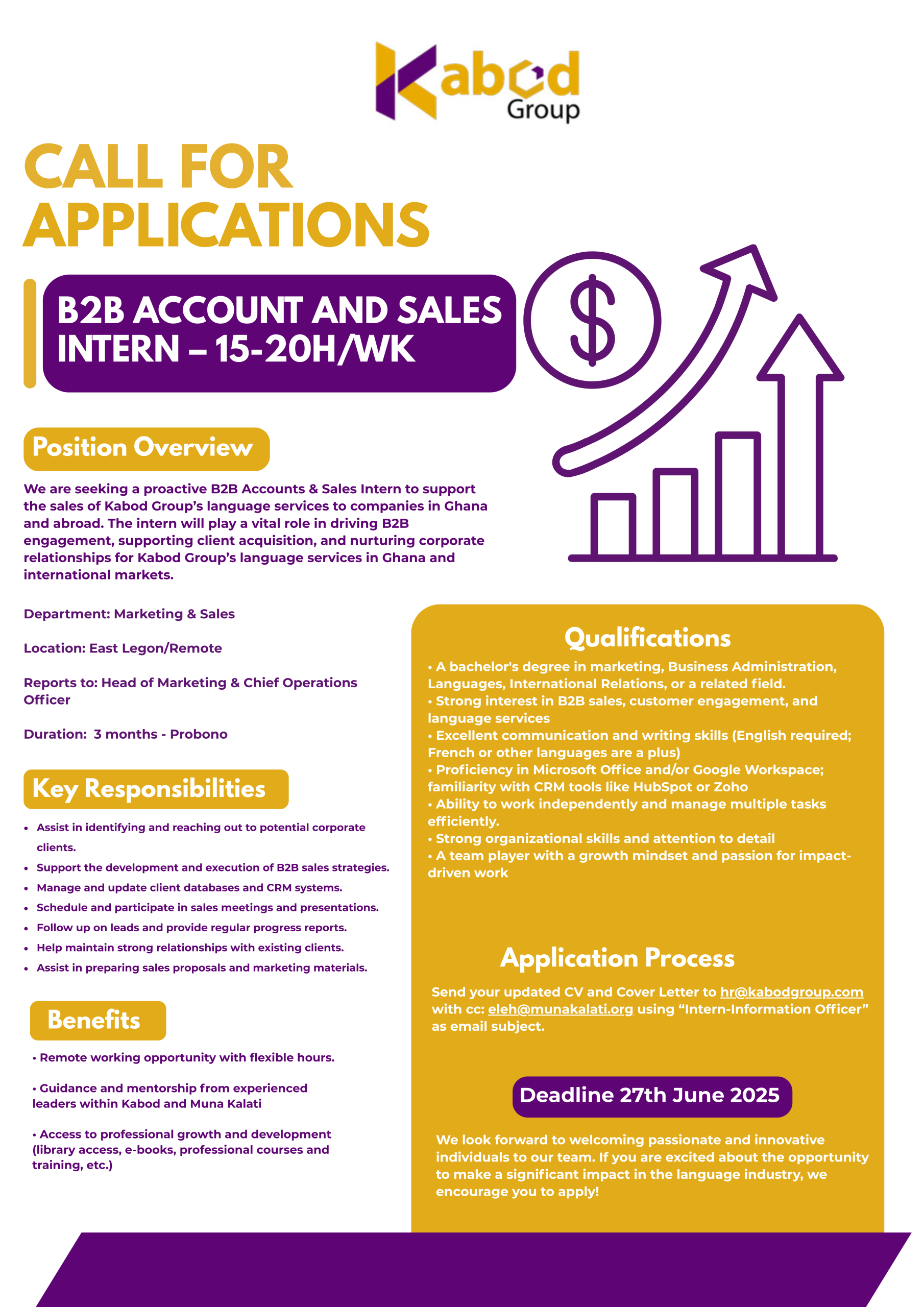We constantly hear people lay emphasis on the importance of sharing knowledge. We read millions of articles talking about the importance of sharing knowledge. The million-dollar questions, however, are, “Do we really know how to share knowledge?” Do we have systems that ensure knowledge fluidity? I guess some of us are wondering what I mean by knowledge fluidity.
Let’s assume that the finance department in your organization decides to change its method of paying salaries. The new payment method enables employees to be able to get their salaries in cryptocurrency, and the benefits of this method outweigh the disadvantages. After attending a training on the use of cryptocurrency, the department believes it is a move worth embarking on.
It is the end of the month and all the employees are anxiously waiting to receive alerts instead of seeing messages like “Dear John, you have just been credited with $1000,” employees start receiving messages which read, “Dear John, you have just been credited with 100 satoshis.” Some obviously start going into panic attacks. Others literally feel their blood begin to clot in their toes. 😊. My first impression will be, “This is a prank.” No! It is not a prank. It’s real. This is just the result of unshared knowledge.
In this situation, the finance unit assumed that employees were abreast with the new system and so did not think it necessary to share the knowledge they had acquired on the subject. Knowledge sharing is crucial in improving organizational performance and boosting its survival rate.
McKinsey and Company capitalize on knowledge sharing in generating wealth and is now regarded as one of the most influential management firms in the world. Yes, you read that right. “In the world.” It used this approach to enlighten its clients on some business challenges and provide solutions to overcoming them. This resulted in the company being attributed the name ‘thought leader.’
Some organizations, however, still struggle with sharing knowledge as a result of stringent organizational cultures which do not support or promote this activity. Knowledge is not a static asset. It is active; it is volatile; knowledge has a dream; it wants to get engaged; it wants to move around. The problem is that we are not making enough efforts in helping knowledge fulfil its dream.

How then do we promote and encourage knowledge flow within organizations?
Identifying knowledge flow gap
Recognizing the cause of a problem is the first step in identifying the solution. Carrying out a knowledge audit will go a long way in identifying what the problem is, and what the possible solutions to overcome the problems are.
Redefining the Organizational Culture
Any organization which promotes the “knowledge is power” slogan automatically makes it almost impossible for its employees to share knowledge. If knowledge is power, why would anyone want to share that power? Everyone wants power. Rather, knowledge sharing is power because more sharing means more acquisition, and more knowledge means the ability to do more. Knowledge sharing should therefore be imbibed within employees as a culture, and this must be done upon the hiring of every new employee.
Implementing an employee reward system
Is there anyone here who does not like recognition? I strongly doubt that. No matter how humble we are, there is usually that tiny bit of us that loves to be acknowledged. Rewards encourage people, in general, to want to do more. Rewarding knowledge sharing, therefore, propels employees into sharing more.
Unifying your knowledge repository
Having a unique knowledge source eases access to information, thus making it much more time-efficient in finding information and subsequently sharing.
Knowledge flow sessions
These sessions provide employees with an opportunity to share their opinions on what they believe is not working well and what improvements can be made. Through this, employees get to share their knowledge on the different aspects of the organization. Managers must ensure that employees’ opinions are valued and must do everything to ensure a conducive environment for employees to express themselves.
In general, the benefits associated with the proper flow of knowledge cannot be overemphasized. From enhancing better decisions to improving employee engagement and retention to improving productivity, knowledge sharing continues to be a crucial aspect of organizational growth. Remember that knowledge sharing is everyone’s job. Let’s all make efforts in getting involved. It always pays off.
For more tips on enabling a knowledge-sharing environment, get in contact with us via info@kabodgroup.com or visit our website for more information on our services.




